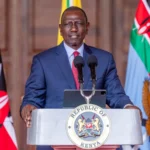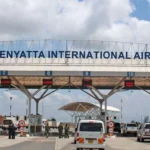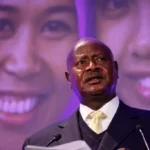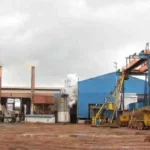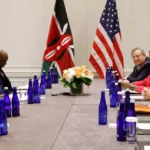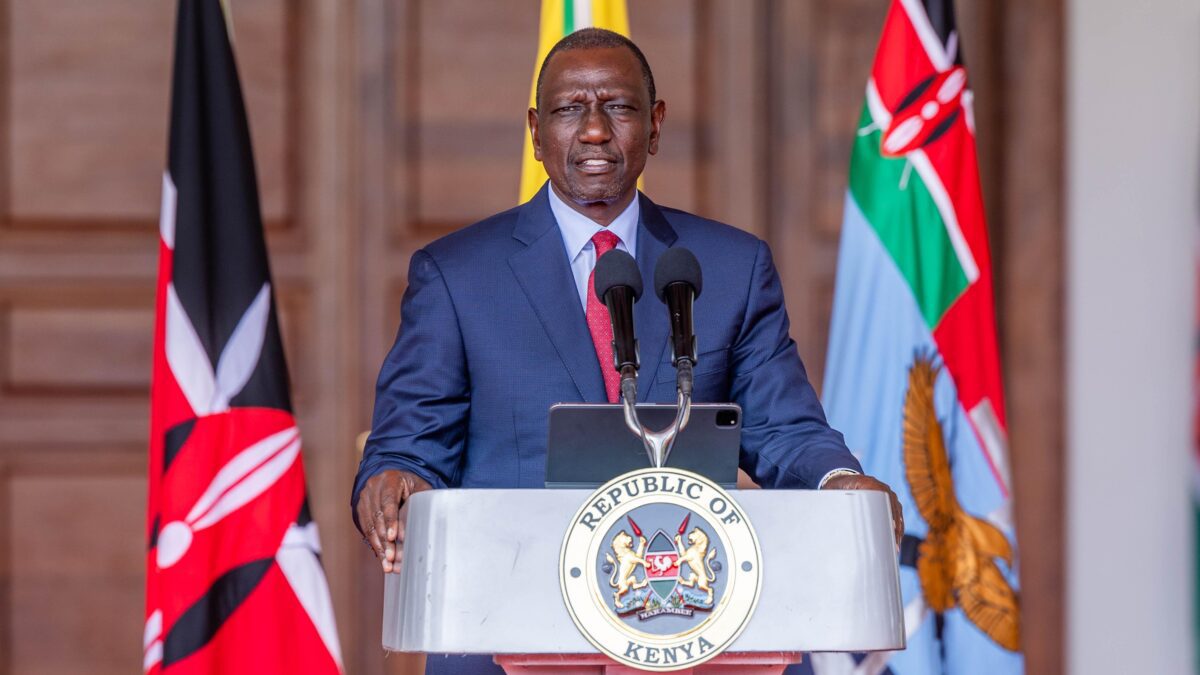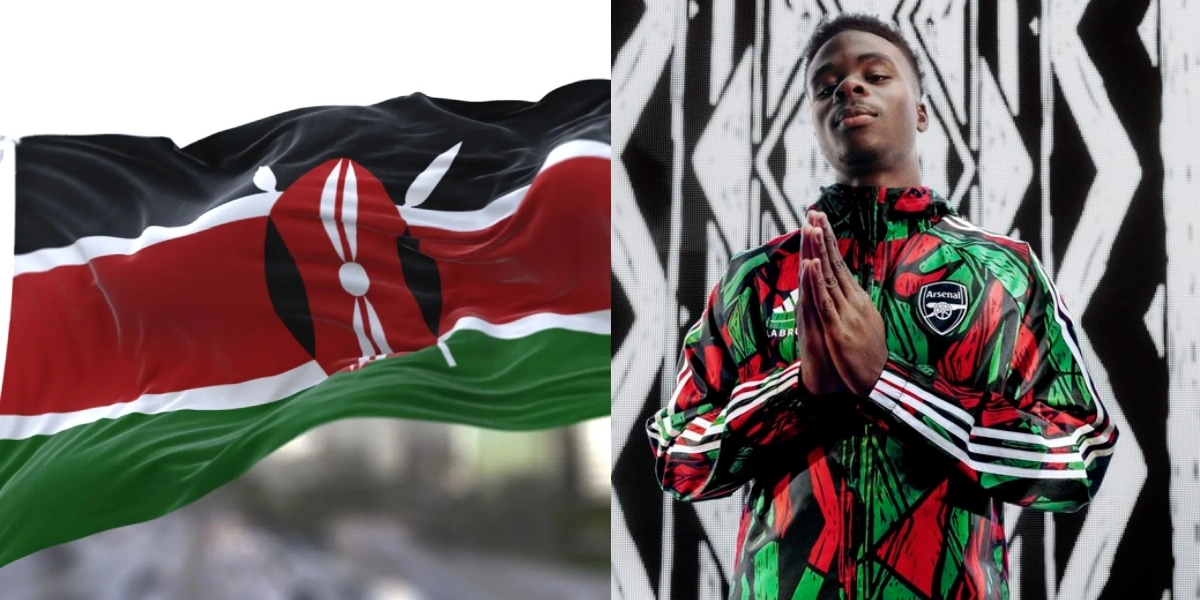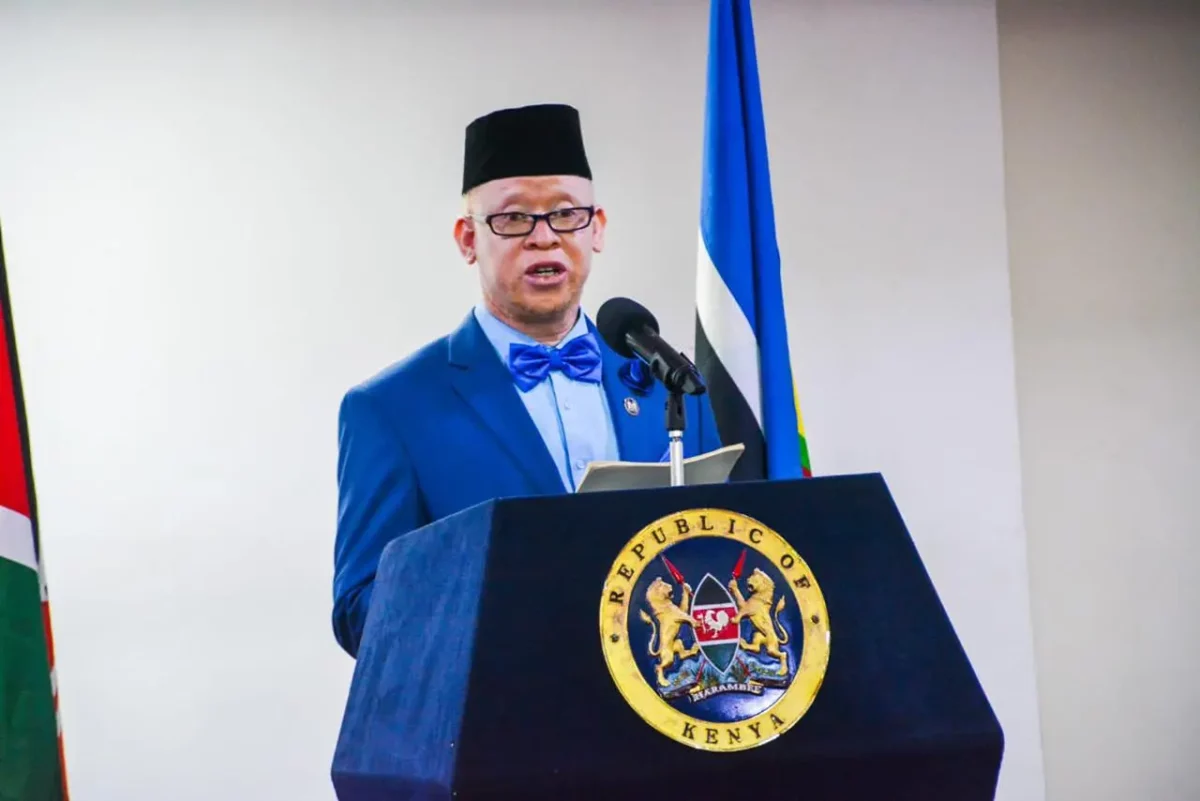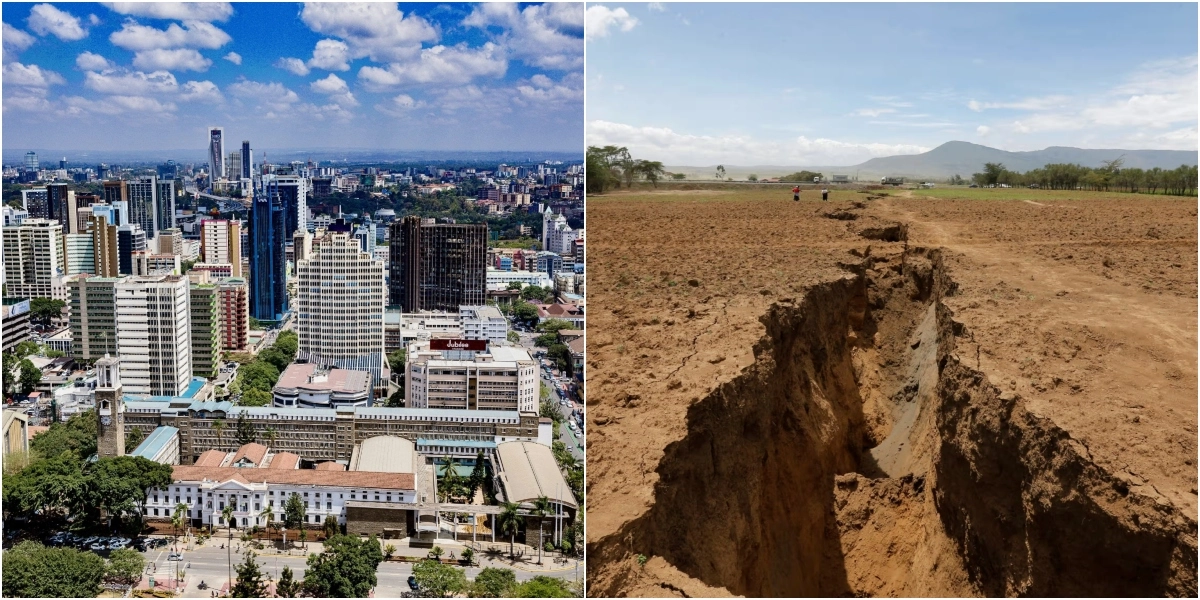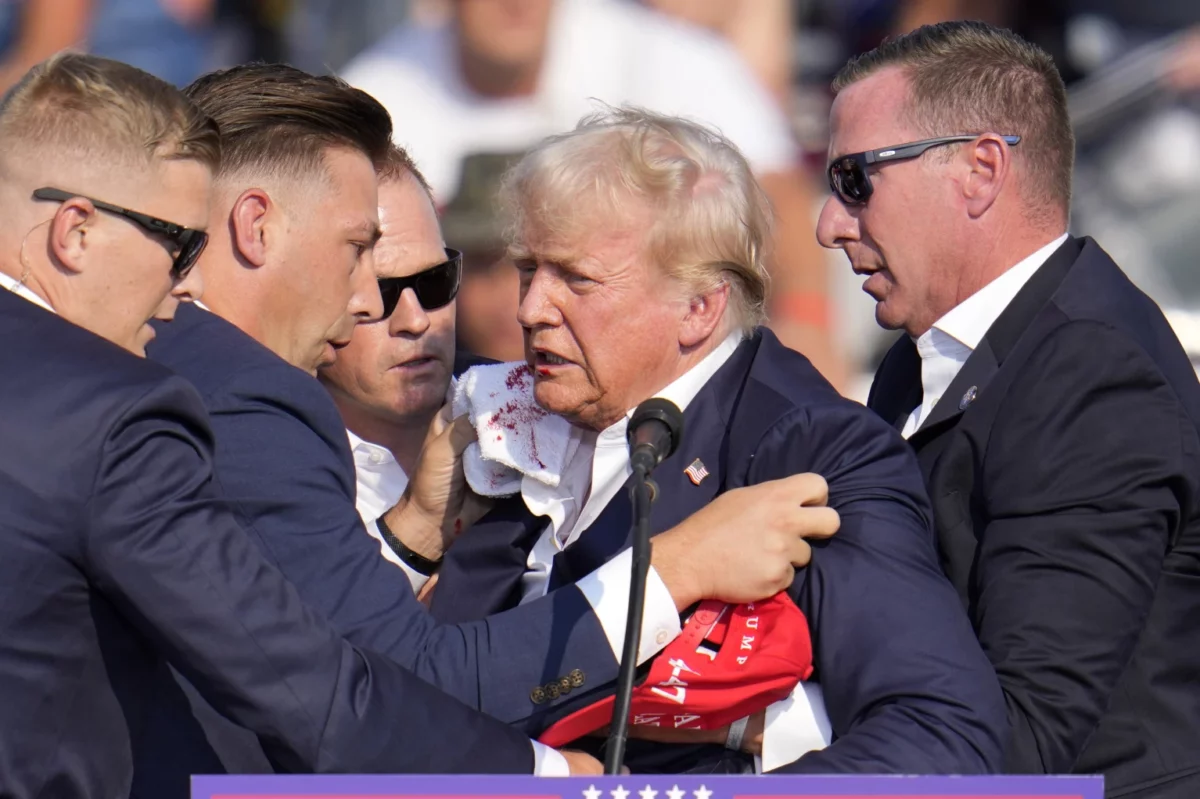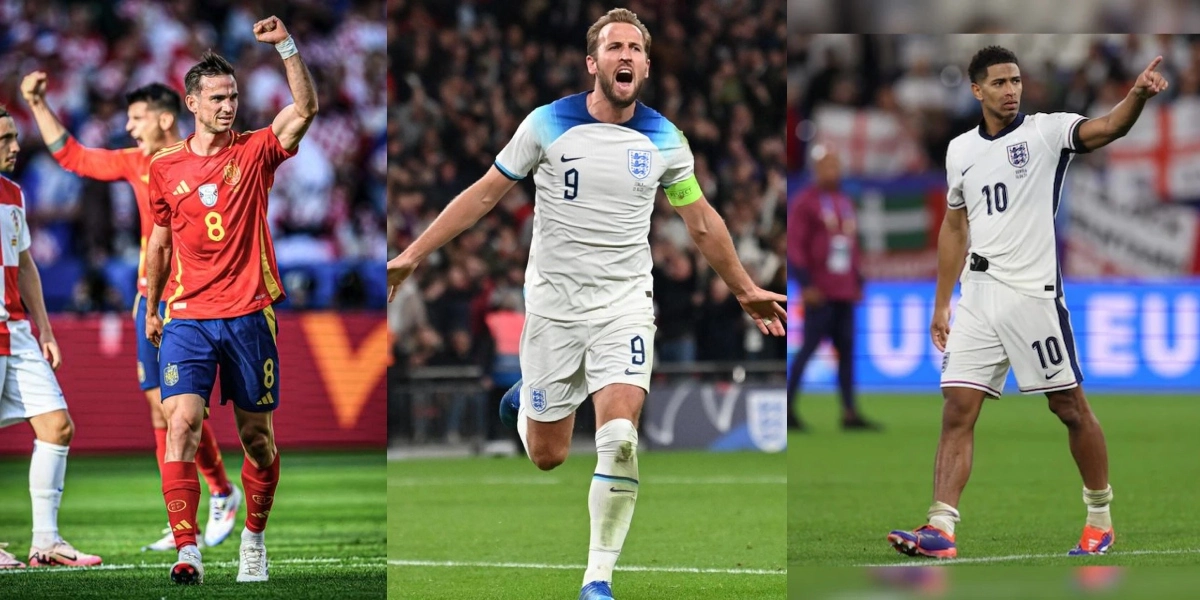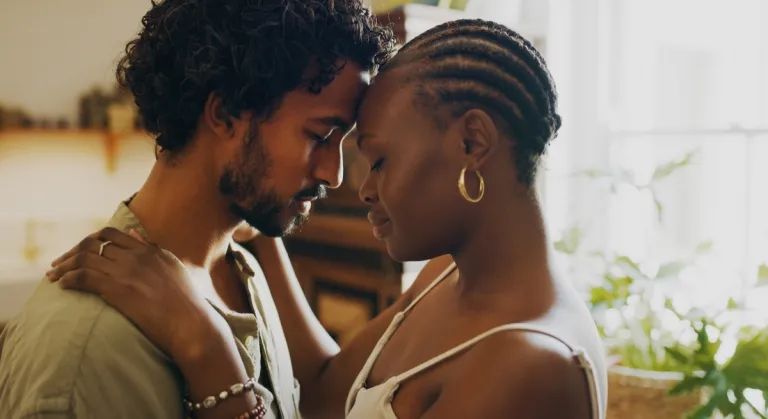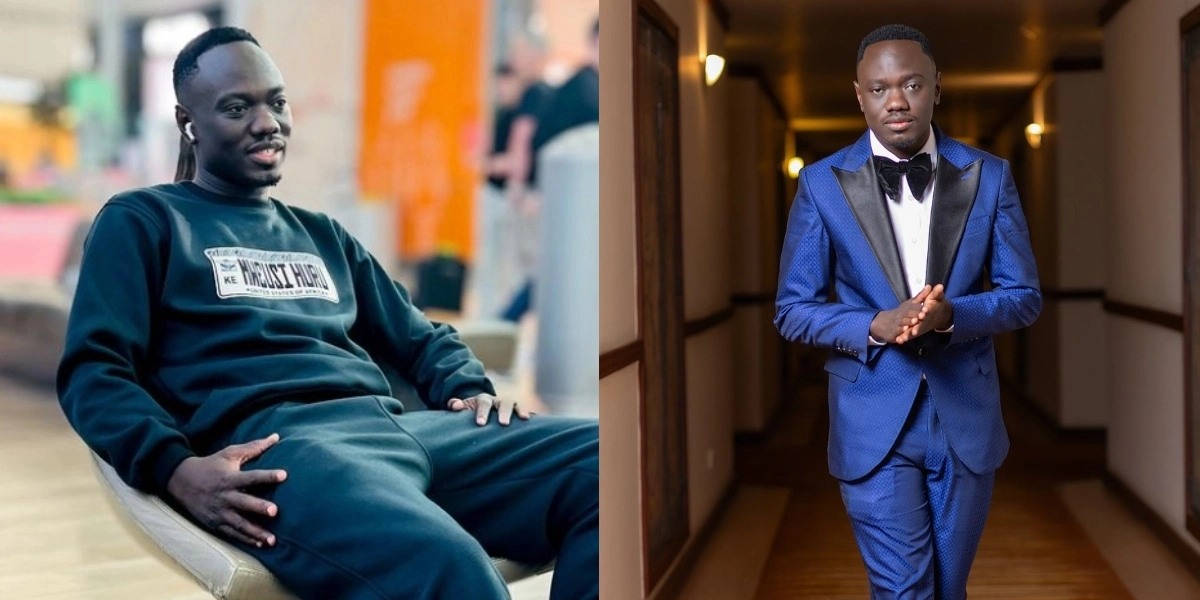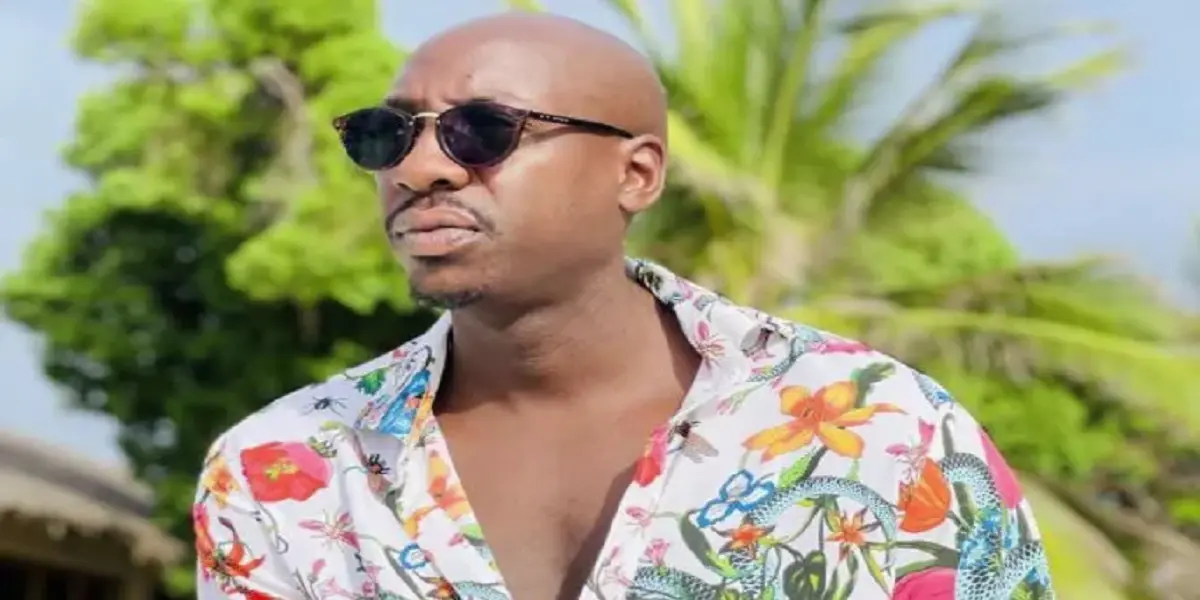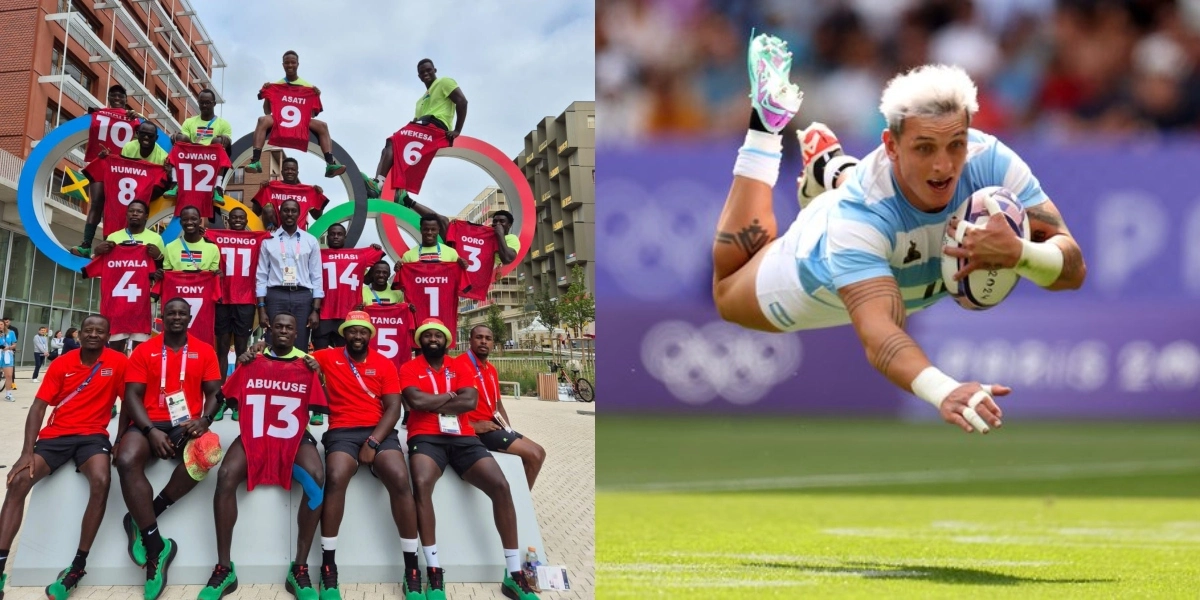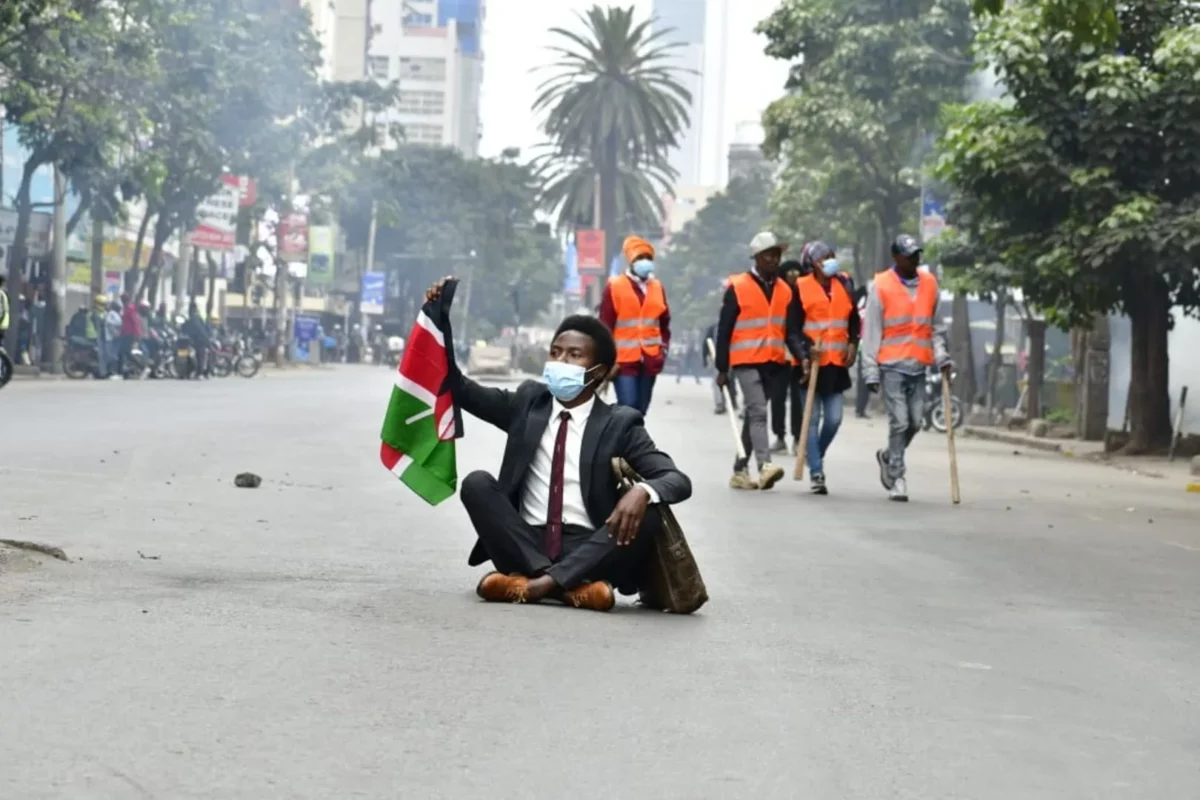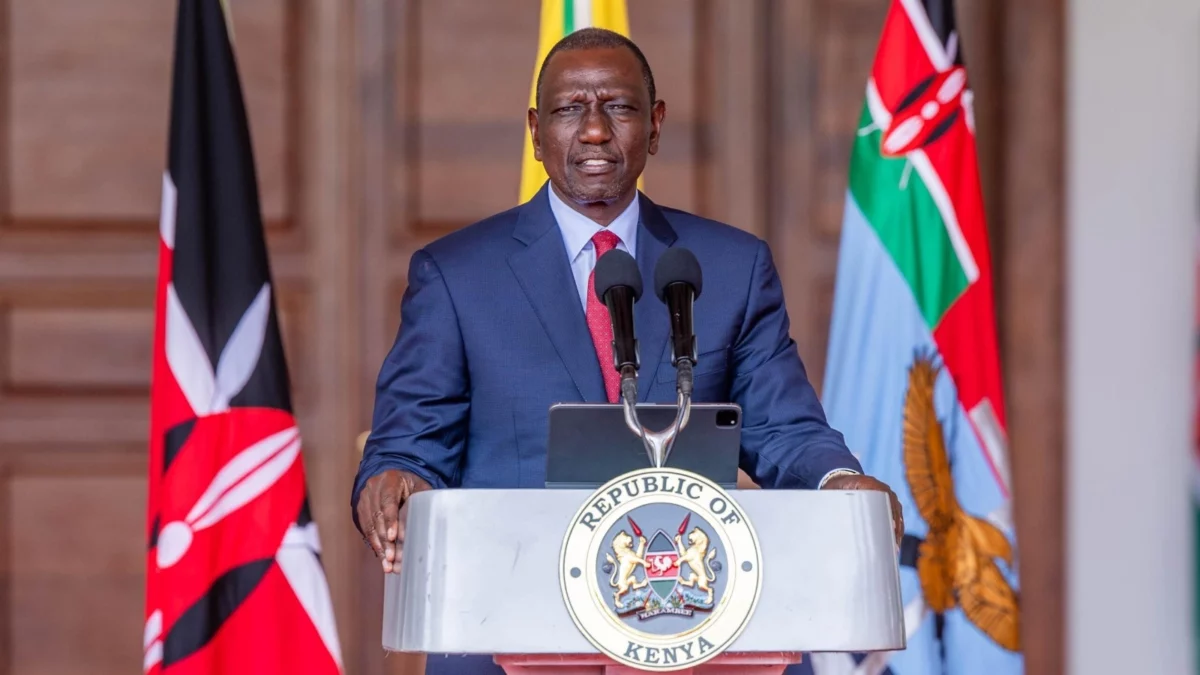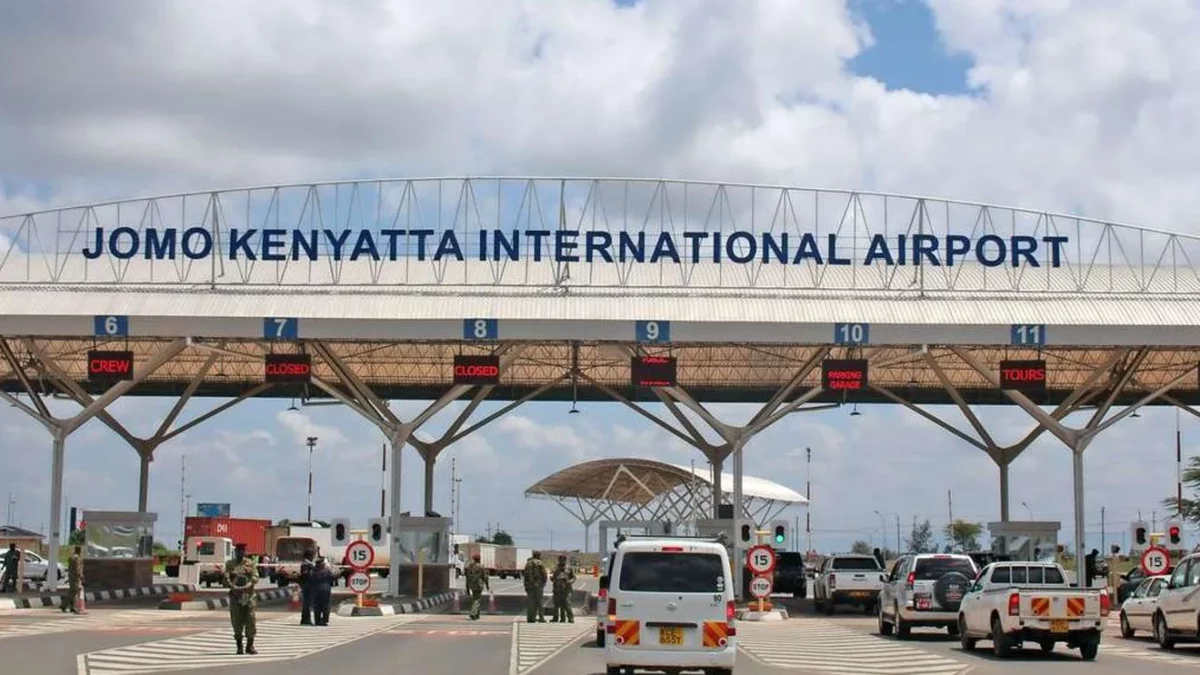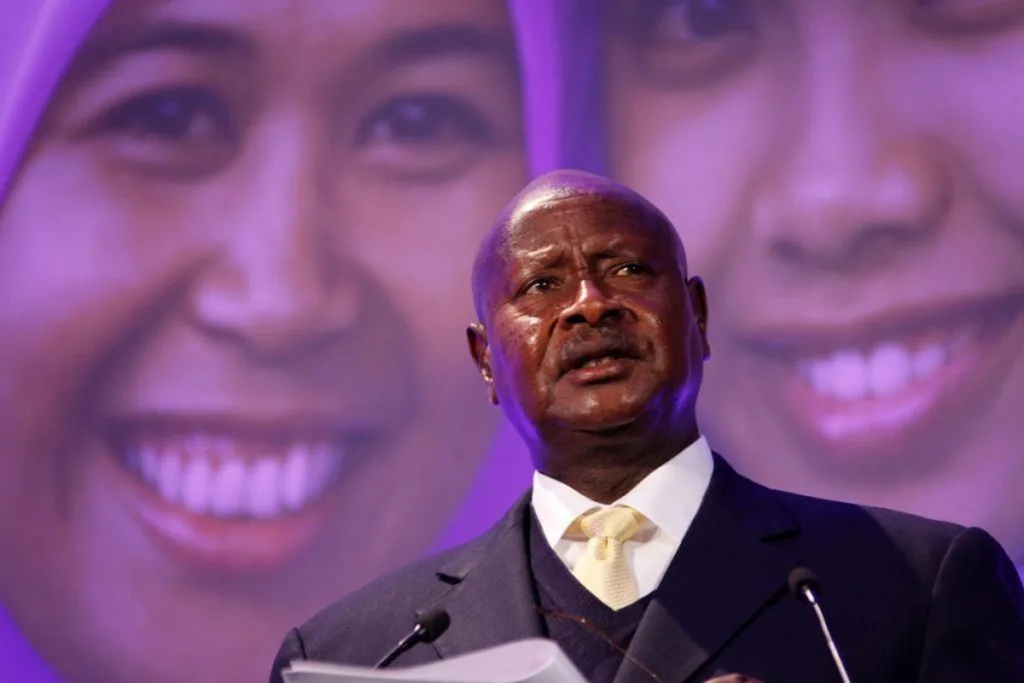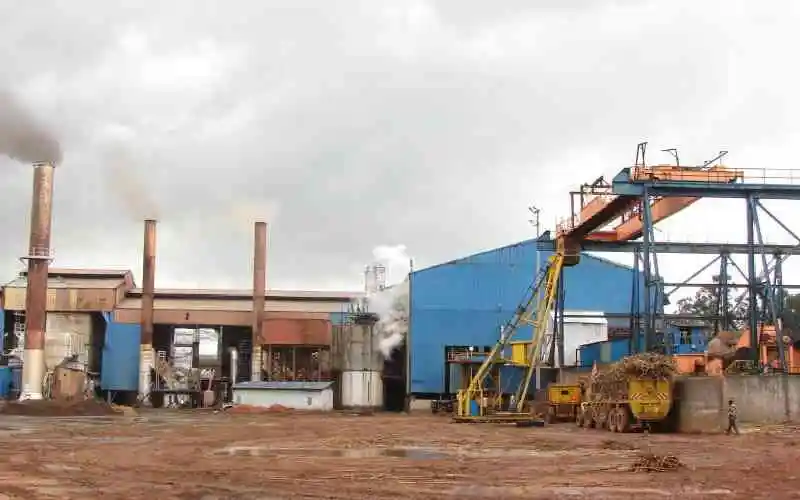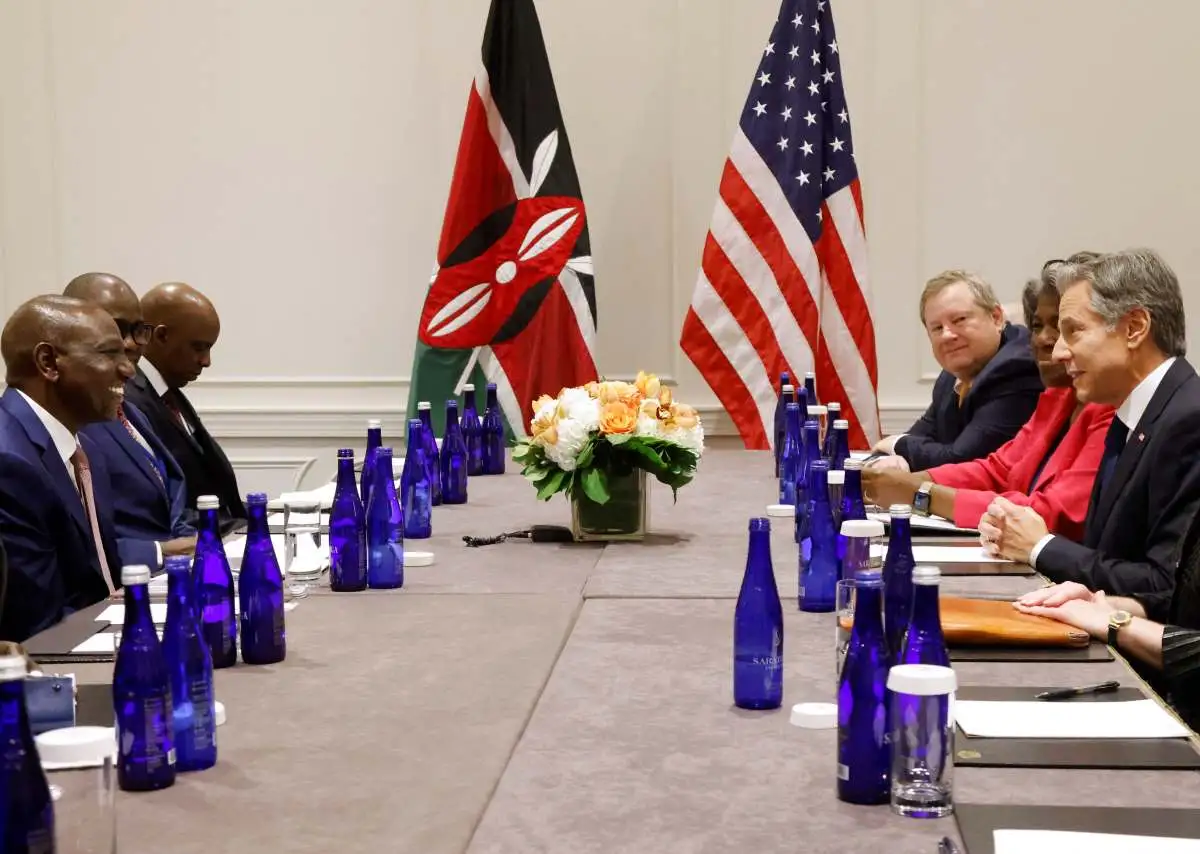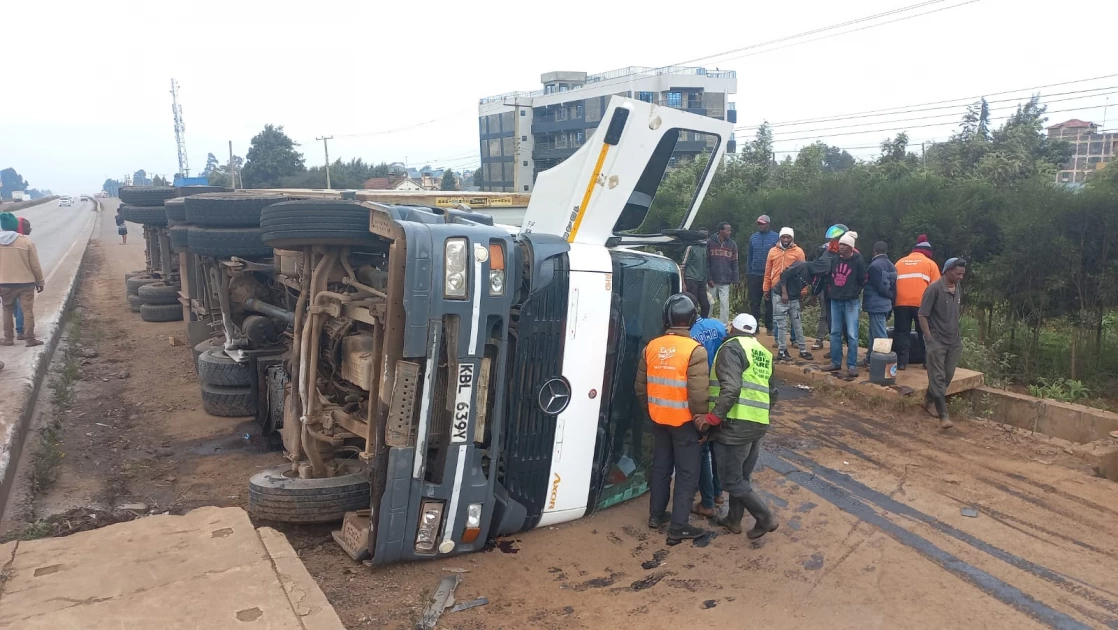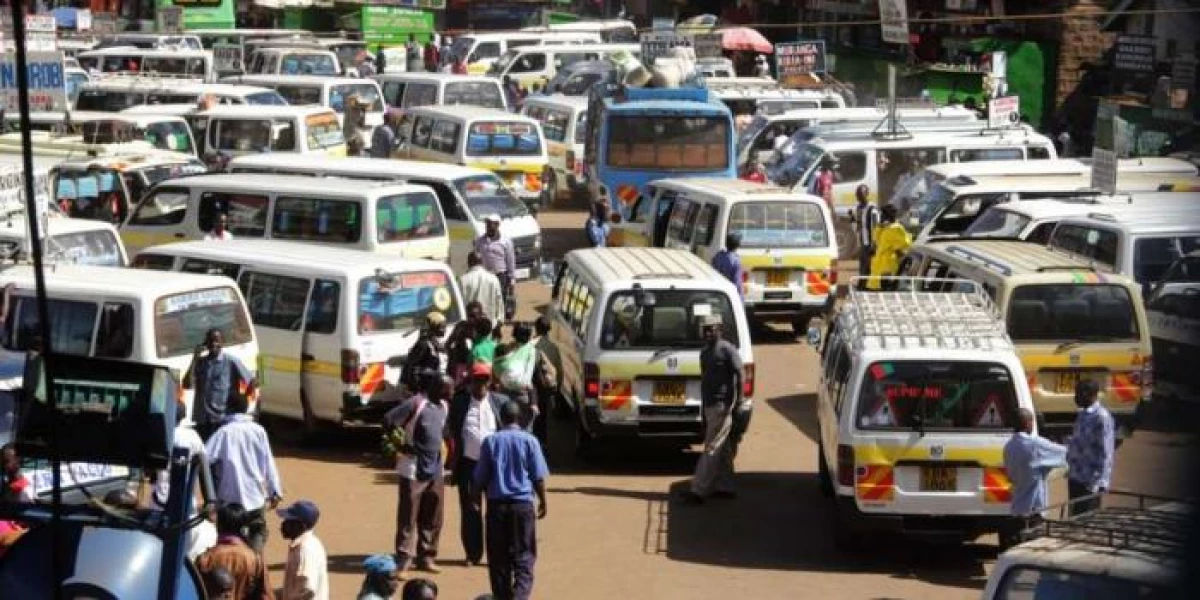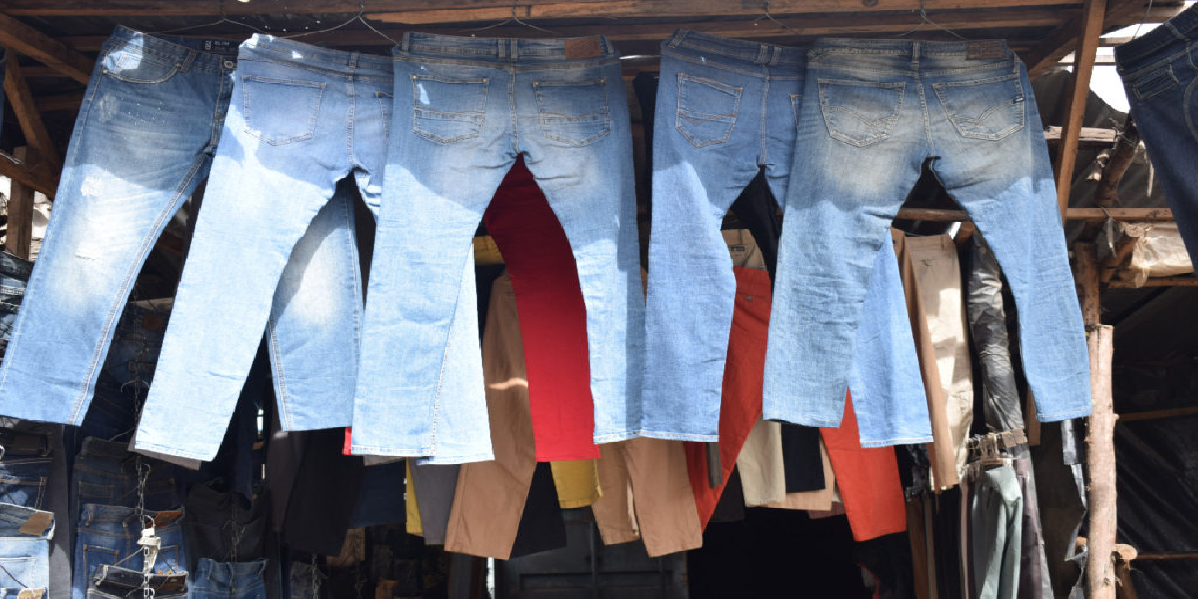“King Charles will acknowledge the more painful aspects of the U.K. and Kenya’s shared history including the Emergency between 1952-1960.” Buckingham Palace said.
King Charles III and Queen Camilla are set to make a 4-day state visit to Kenya 6 months after his coronation, from Tuesday 31st October to Friday 3rd November this year. The visit is at the invitation of President William Ruto and comes as Kenya prepares to celebrate 60 years of independence. This will be the first visit to a commonwealth nation by King Charles III and his fourth in Kenya.
Charles’s visit will include a visit to a new museum dedicated to Kenya’s history and will lay a wreath at the tomb of an unknown warrior at Uhuru Gardens as well as visit the site of the declaration of Kenya’s independence in 1963.
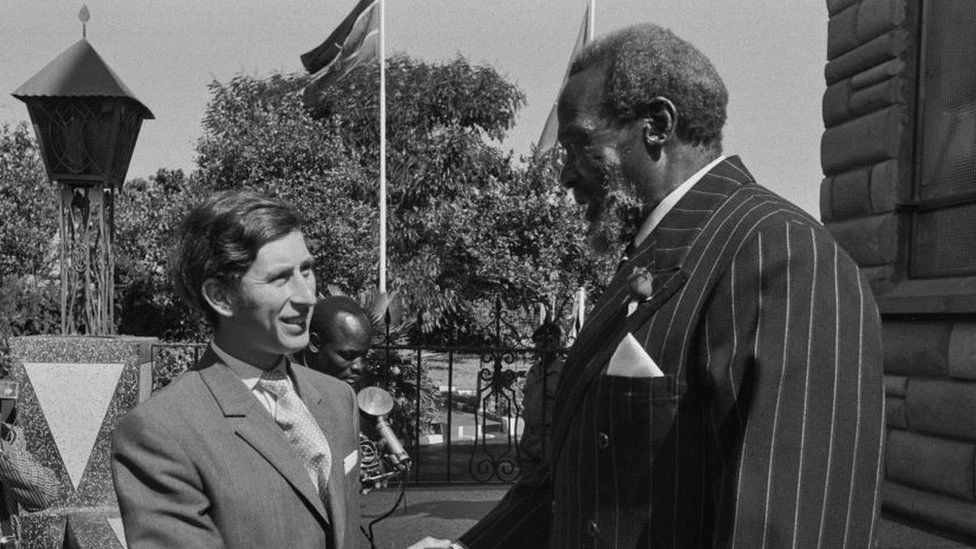
King Charles III was about four years old when Governor Baring declared a state of emergency in Kenya. He, like the rest of us, didn’t have a clue about the happenings at that time. Early the next morning, Operation Jock Scott was launched: the British carried out a mass arrest of Jomo Kenyatta and 180 other alleged Mau Mau leaders within Nairobi.
From the rear cover Imperial Reckoning: The Untold Story of Britain’s Gulag in Kenya by Caroline Elkins: “Britain fought in the Second World War to save the world from fascism. But just a few years after the defeat of Hitler came the Mau Mau uprising in Kenya – a mass armed rebellion by the Kikuyu people demanding the return of their land and freedom. The draconian response of Britain’s colonial government was to detain nearly the entire Kikuyu population of one-and-a-half million – to hold them in camps or confine them in villages ringed with barbed wire – and to portray them as sub-human savages.
From 1952 until the end of the war in 1960 tens of thousands of detainees – and possibly a hundred thousand or more – died from the combined effects of exhaustion, disease, starvation, and systematic physical brutality. Until now these events have remained untold, largely because the British government in Kenya destroyed most of its files.”
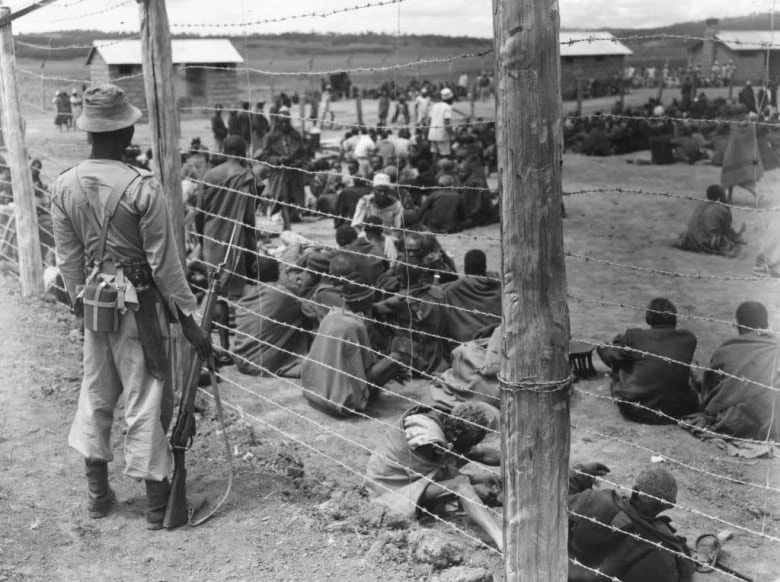
As part of the Allied forces, thousands of Kenyans fought alongside the British in World War II only to be met by brute force by the same empire they fought for revealing the ruthless determination with which Britain sought to control its empire.
Mau Mau is a Swahili term: Mzungu Arudi Ulaya Mwafrika Apate Uhuru. Meaning that the white man should go back to Europe so that Africans can get freedom. The group resonated with a majority of communities in Kenya at that time but was largely dominated by the Kikuyu, Meru, and Embu communities.
Read Also: King Charles will not attend the COP27 climate summit
When Charles’ mother was Queen for 70 years including at the time of the emergency, she never acknowledged her empire’s atrocities in Kenya. About 10,000 people were killed during Britain’s brutal suppression of the Mau Mau uprising. One of Britain’s bloodiest insurgencies.
Suppressing the Mau Mau Uprising in the Kenyan colony cost Britain £55 million and caused at least 11,000 deaths among the Mau Mau and other forces, with some estimates considerably higher. This included 1,090 executions by hanging. The rebellion was marked by war crimes and massacres.
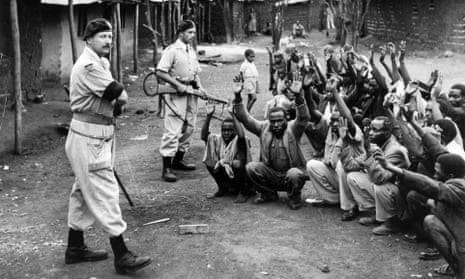
On 6th June 2013, the British Government announced a settlement with the Mau Mau claimants, issuing its official apology of ‘sincere regret,’ a 20 million Euro cash payment, and a monument to those tortured during the uprising, unveiled in Nairobi’s Uhuru Park in 2015.
“We are hoping that he will bring a national apology,” Evelyn Wanjugu Kimathi, the daughter of top resistance leader and freedom fighter Dedan Kimathi, told AFP, saying she hoped the visit would lead to “closure”.
“Once we have the goodwill from the UK government, everything else will be okay,” said Kimathi, who heads a foundation that looks after the interests of veterans of the independence war as well as campaigning on environmental issues.
She also voiced hope that Britain would help Kenya identify graves of the “freedom fighters” including her father, who was hanged in 1957 at Nairobi’s Kamiti Maximum Security Prison but whose remains have yet to be located.
Subscribe to our You tube channel Switch TV
Another pressing issue is the presence of British troops in Kenya.
In August, the Kenyan Parliament launched an inquiry into the activities of the British Army which has a base on the outskirts of Nanyuki about 20km North of Nairobi. The most notorious case is the death of a young Kenyan mother allegedly murdered by a British soldier in 2012. The body of Agnes Wanjiru, 21, was found dumped in a septic tank after she reportedly went out partying with British soldiers at a hotel in Nanyuki.
The statement by the palace is a good sign to mend fences and create a sense of healing for those who suffered under colonial British rule which ultimately culminated in Kenya’s independence in 1963.




